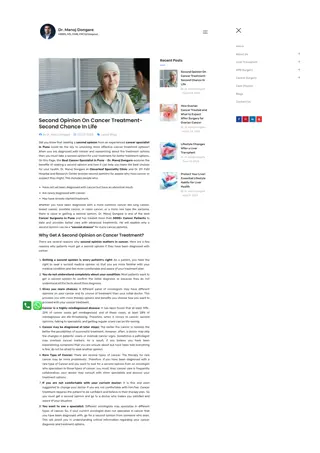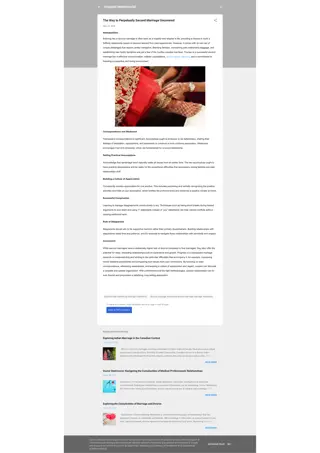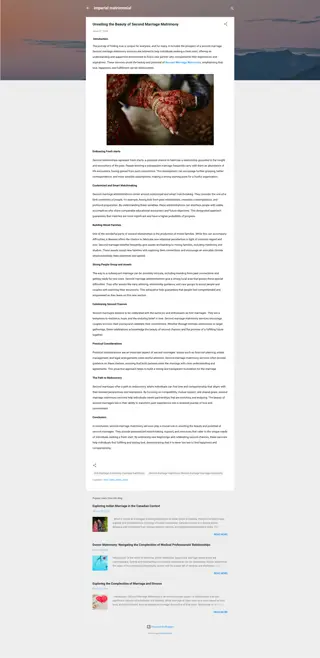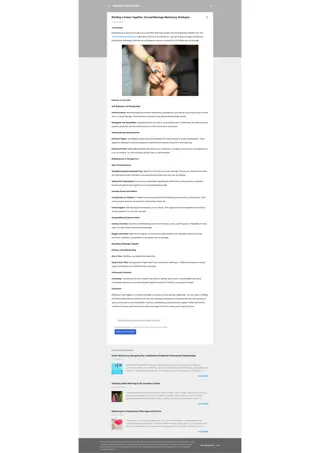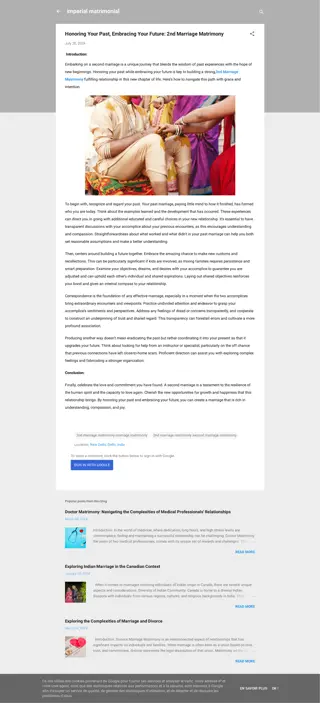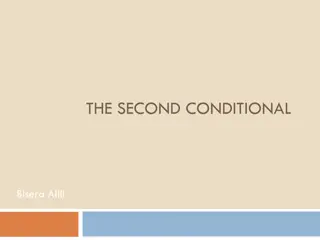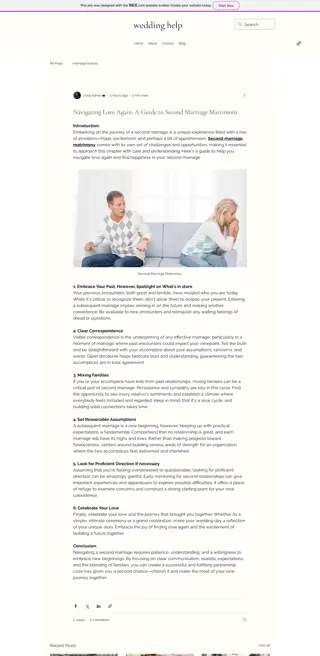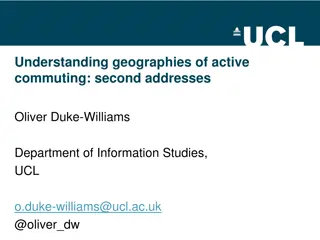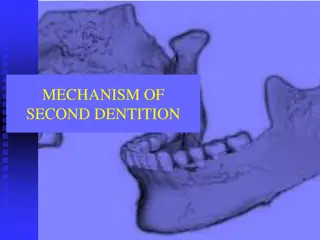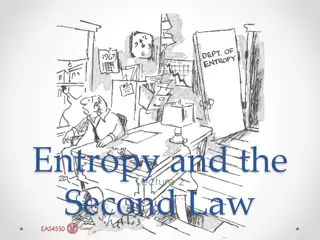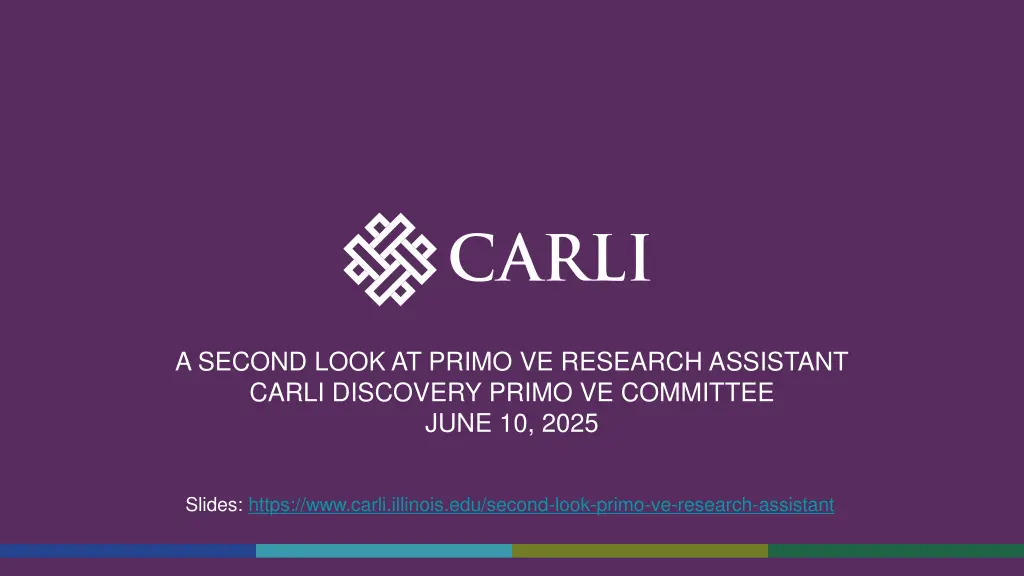
Enhancing Research with Primo VE Research Assistant
Discover how Primo VE Research Assistant leverages generative AI to enhance research capabilities by converting natural language queries into Boolean searches. Learn about its features, content sources, and how it can benefit your library's research initiatives.
Download Presentation

Please find below an Image/Link to download the presentation.
The content on the website is provided AS IS for your information and personal use only. It may not be sold, licensed, or shared on other websites without obtaining consent from the author. If you encounter any issues during the download, it is possible that the publisher has removed the file from their server.
You are allowed to download the files provided on this website for personal or commercial use, subject to the condition that they are used lawfully. All files are the property of their respective owners.
The content on the website is provided AS IS for your information and personal use only. It may not be sold, licensed, or shared on other websites without obtaining consent from the author.
E N D
Presentation Transcript
A SECOND LOOK AT PRIMO VE RESEARCH ASSISTANT CARLI DISCOVERY PRIMO VE COMMITTEE JUNE 10, 2025 Slides: https://www.carli.illinois.edu/second-look-primo-ve-research-assistant
OPTIONAL, ANONYMOUS POLL Please complete the optional, anonymous Zoom poll about your library s plans for the Primo VE Research Assistant! Anonymous results will be shared during this webinar.
Todays Agenda Brief Overview/Demo of how to configure Research Assistant Review of What s New since Initial Release Review of October 2024 First Impressions Webinar Takeaways Open Discussion
Introduction to Primo Research Assistant Andrew Belongea Metadata and Systems Librarian Columbia College Chicago abelongea@colum.edu
What is it? ExLibris s generative AI and retrieval-augmented generation (RAG) search It prompts patrons to ask a research question using natural language. The tool then converts this language into a Boolean query and searches the CDI for results. It returns five relevant sources, a summary overview with text generated from the sources abstracts, and suggested research questions.
How does it work? (via ExLibris Knowledge Center) https://knowledge.exlibrisgroup.com/Primo/Product_Documentation/020Prim o_VE/Primo_VE_(English)/015_Getting_Started_with_Primo_Research_Assistan t
Where does it get content? Content scope: CDI records only, using CDI metadata and abstracts Exceptions: News content (Newspaper articles, Newsletters, Text resources) Collections (except for IHP, Rambi and Moshe Dayan center) that are not marked as free for search in the CDI collection list (subscription A&I databases) Sources with insufficient metadata and abstracts that are needed to run the tool effectively Documents marked as withdrawn or retracted; retraction notes Any collections from the following content providers: APA, DataCite, Elsevier, JSTOR, and Cond Nast Any content published by the providers above coming via aggregator collections
Activating the Research Assistant Configuration -> Discovery -> Display Configuration -> Configure Views -> [Edit view] -> General Attributes -> Enable Research Assistant Using Widget/Icon
Activating the Research Assistant Configuration -> Discovery -> Display Configuration -> Configure Views -> [Edit view] -> General Attributes -> Enable Research Assistant Using Icon/Widget Icon Widget
Changing the display labels Configuration -> Discovery -> Display Configuration -> Labels -> Research Assistant Labels Configuration -> Discovery -> Display Configuration -> Labels -> Research Assistant Search Screen Labels
Changing the custom link Customize the text: Configuration -> Discovery -> Display Configuration -> Labels -> Research Assistant Search Screen Labels -> action.customlink Customize the link URL: Configuration -> Discovery -> Display Configuration -> Labels -> Research Assistant Search Screen Labels -> action.customlinkuri
Primo VE Research Assistant: New Developments & Takeaways Revisited Lindsey Skaggs, Illinois State University CARLI Discovery Primo VE Committee June 10, 2025
Whats New Since its Initial Release? Accessibility improvements for screen readers See all at https://knowledge.exlibrisgroup.com/Primo/Release_Notes/002Primo_VE/20 25/010Primo_VE_2025_Release_Notes?mon=All Reorder link placement in Menu bar How to Cite link Option to enable users to save history Pre-search filters Sources moved above overview on results page 15
How to Cite Link Enable by entering a website in Labels configuration (code: action.customlinkuri) Link text may also be changed in Labels (code: action.customlink) 16
Save History Libraries can determine whether users can save their history Function enabled by default Can be disabled in Configuration > Discovery > Other > Customer Settings by setting save_users_RA_search_history to false If enabled by library, users can toggle feature on/off in My Account 17
Pre-Search Filters Filtering by Resource Type, Dates, and Available Online available but users must select the toggle Users can also add parameters into search (e.g., Return sources from 2020-2022 ) 18
Sources/Overview Reordered Overview originally displayed first; now sources are prioritized 19
October 2024 Takeaways CARLI DPVE Committee hosted Primo VE Research Assistant: First Impressions webinar on October 31, 2024 Takeaways from the discussion shared at https://www.carli.illinois.edu/primo-ve-research-assistant-first- impressions Have any of these impressions/takeaways changed? 20
Research Assistant uses CDI metadata and abstracts, not full text, to suggest resources. It does not return local collections. Libraries should keep an eye on Ex Libris's documentation, since the content scope is liable to change. Currently, there are several exclusions, including news content and collections from certain providers (JSTOR, Elsevier, etc.). Content from providers who do not participate in the CDI (e.g., EBSCO) is also excluded unless there are overlapping records from participating providers. No change scope is limited to certain CDI collections 21
No change out of the box, scope limitations are not clear to users. Content scope limitations are not clear to users. Libraries could mitigate this by updating the help text in About Research Assistant or by co- opting the How to Cite link Configuration > Discovery > Display Configuration > Labels > Research Assistant Search Screen Labels 22
Searches conducted using Research Assistant are automatically set to expand beyond my library and this cannot currently be customized. As a result, sources may be returned for which a user does not have access. Conversely, due to the scope limitations, results often don t include resources users do have access to. No change libraries cannot set the scope to search only materials owned or licensed by their library. New feature lets users pre-filter their query to Available online. 24
Default labels may be misleading for users (e.g., "the 5 most relevant sources"). Labels can be configured in Configuration > Discovery > Display Configuration > Labels > Research Assistant Labels. No change 25
Research Assistant may be useful for novice searchers and to illustrate how searches are created. Selecting View More Results will display the search terms being used, which can help explain keyword selection and Boolean searching. This set of results will include the providers whose abstracts were not included in the first set of AI results such as JSTOR. The constructed searches, however, are limited to extended OR keyword phrase searches. Still accurate New pre-filtering options can also be used to help students learn how to engineer their prompts 26
Research Assistant is a search aid and does not attempt to do all the work for users, which may make it more suitable for students than other generative AI tools. Still accurate Update to move search results above generated text highlights the tool s purpose 27
The tool may or may not fit within an institution s AI policies. Libraries should investigate before enabling Research Assistant. Still accurate 28
Ex Libriss release of this feature gives them a competitive advantage by promoting that they have an AI-powered assistant. Libraries do not have to accept a tool that does not suit their needs and can continue asking for updates until they are ready to implement it. Still accurate Libraries can enable Research Assistant when they want and do not have to pay extra 29
Other Thoughts from the CARLI DPVEC Unlike other generative AI products, Research Assistant returns real sources, not hallucinations Provides opportunity for instruction about prompt engineering vs traditional search construction Can query RA in other languages Can include some parameters in RA prompt Open University s Research Assistant usability study provides useful insights 30
Discussion 31
Discussion Prompts For libraries who have enabled Research Assistant, what has been your experience with it? For libraries who have not enabled Research Assistant, why not? How have perceptions of AI changed since September 2024 (Research Assistant s initial release) that influence how we approach these tools? Has your library or institution enabled other AI-based tools? What role is your library taking in campus AI initiatives? 32
Padlet Summary At the end of the June 10, 2025 session, presenters shared an online Padlet with the following question: Reflecting on today s discussion, are you more or less likely to activate Primo VE Research Assistant? Why? 11 of 55 participants responded: All respondents indicated that they are less likely to activate the Research Assistant. 2 participants stated that they intend to activate it in a test view to observe students use of the tool in a controlled environment. Several participants mentioned the limited scope as the primary reason for why they would not implement the feature. One participant noted the Boolean searches are poorly constructed and not ideal for teaching or searching. 2 participants noted the environmental impact of AI as a deterrent, though not the sole deterrent. Several participants expressed disappointment that only limited changes were made between its initial release in September 2024 and May 2025.

